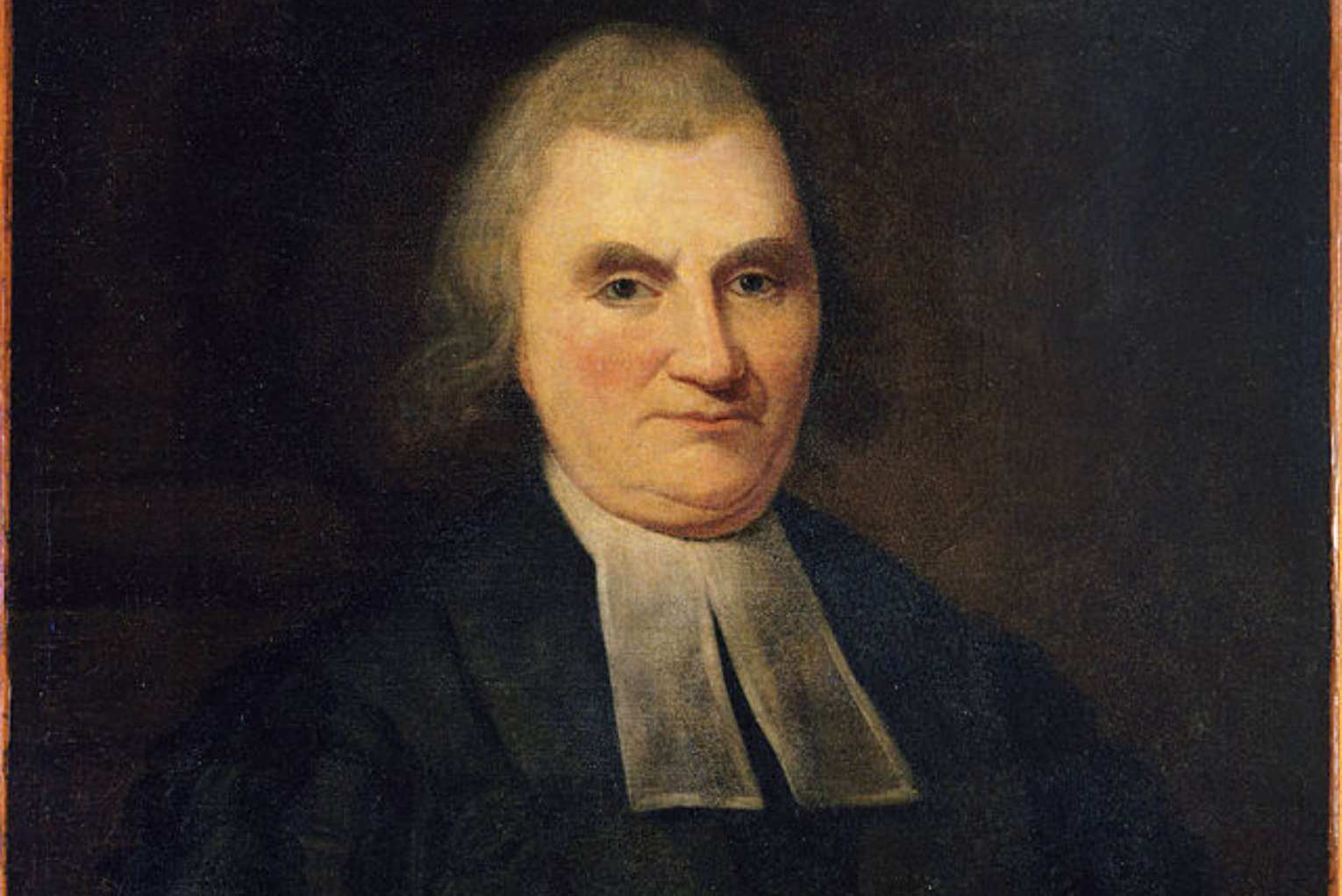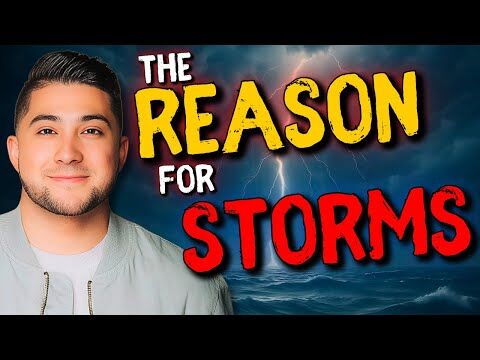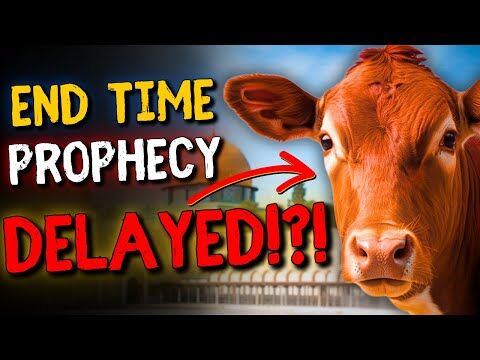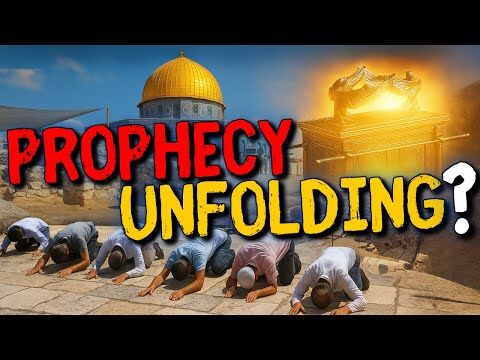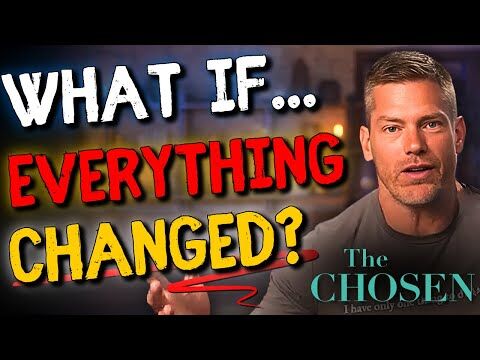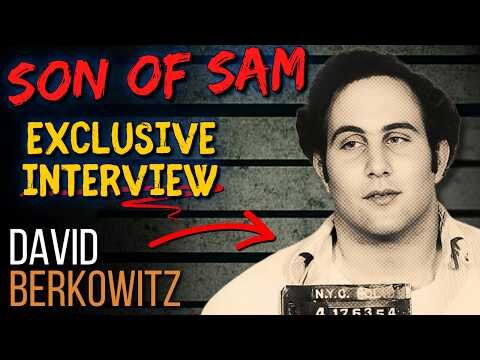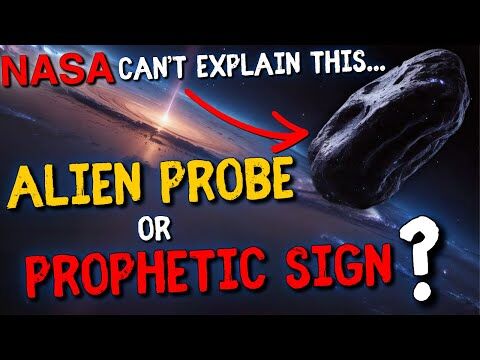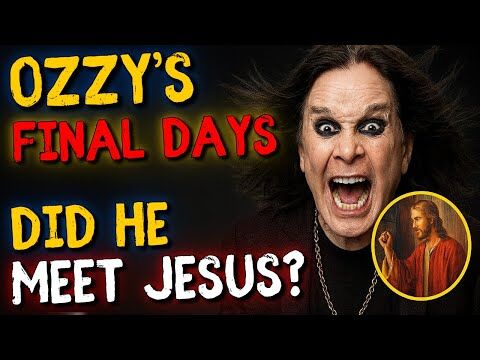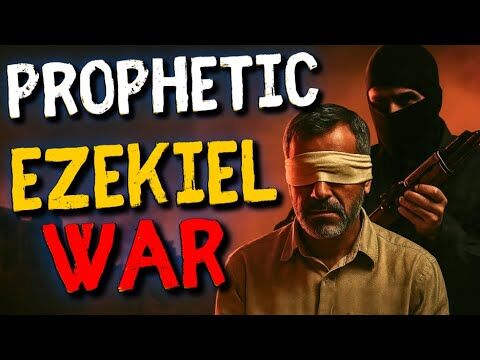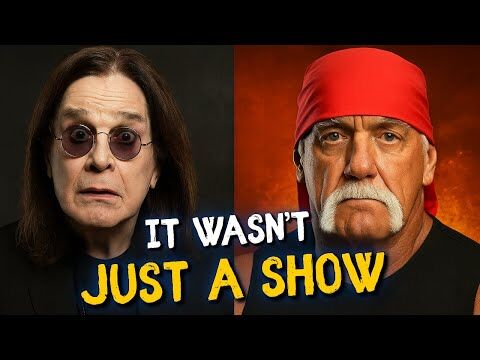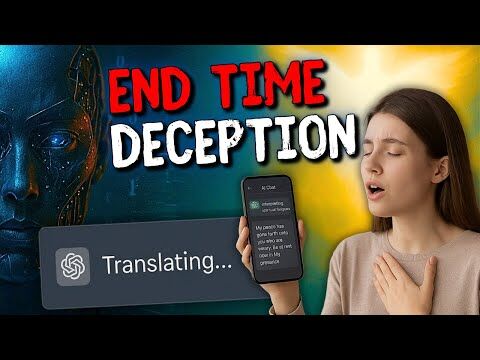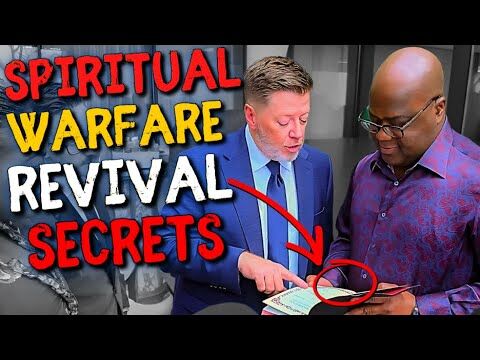I walked into the office of the mayor of a north Texas city, handed him a copy of one of my books and said, “This book shows the role of faith and prayer in the founding of America.”
He thanked me and then asked a question that momentarily stunned me: “What has happened to the Christians in America?”
When I did not immediately respond, he presented a follow-up. “Do you think the Christians in America will rise up again?”
“Yes, we are coming out of the closet,” I replied.
“I sure hope so!” he exclaimed.
As I thought about this conversation later, I realized that here is a mayor that is hoping Christians will come out of the closet and let their voices be heard. He continually hears the loud, shrill voices of those on the left pushing their radical demands and godless agendas. Christians, on the other hand, seem eerily silent, and he wonders, “What has happened to the Christians in America?”
Prophetic, Not Political
America’s Founding Fathers wanted Christian influence in every area of the nation they were founding. They did not, however, want a Constantinian-type church that is a ward of the state, lacking in spiritual and moral strength. They wanted churches free of government influence and able to be a prophetic voice to the state and the nation.
This is why the early Puritans in America would not allow their pastors to hold political office. It was not to keep them out of politics; it was to keep politics out of them. They were historically aware of what happened when Constantine merged the church with the state, took the pastors and bishops under his wing and provided them with comfortable salaries and all sorts of social perks.
Christian leaders became compromised in their newfound political acceptance. Maintaining acceptance and favor with the emperor was now more important than being a bold prophetic voice to him. As a result, both the church and the empire became spiritually dead and morally corrupt.
Breaking News. Spirit-Filled Stories. Subscribe to Charisma on YouTube now!
It was a sad day in the history of the church, and the Puritans were determined not to repeat this mistake. And although we may not agree with their banning of pastors from political office, we do agree with them that Christian leaders must never become beholden to any politician or political party and thereby lose their ability to speak boldly in the name of Christ to every situation.
America’s founders also wanted to protect the church from government influence, and this is expressed in the First Amendment to the Constitution. “Congress shall make no law concerning the establishment of religion or hindering the free exercise thereof,” was written to prevent a state-run Constantinian type church from ever being established in America. It was written to keep the government out of the church, not to to keep the church out of the government.
The Election Sermon in Early America
America’s founding generation encouraged Christian teachings and intermingled them with their civic elections. An early example of this was the establishment of the “election sermon” in New England in 1633. This statute provided that each year, at the time of the annual election of the governor and his assistants, a minister would be appointed to preach an election sermon.
This was a major event, attended by both religious and civic leaders. After the delivery of the sermon, it was then printed and distributed throughout the colony. This tradition spread and continued for over 200 years. In 1860, the noted lawyer and historian, John Wingate Thornton, wrote,
“The annual “Election Sermon”—a perpetual memorial, continued down through the generations from century to century—still bears witness that our fathers ever began their civil year and its responsibilities with an appeal to Heaven, and recognized Christian morality as the only basis of good laws” (Hyatt, “America’s Revival Heritage 2nd Edition,” 20).
The Message of John Witherspoon
Yes, in early America it was considered a duty of Christian ministers to bring Christian values to bear upon politics and civic elections. This was made clear by one of America’s Founding Fathers who was also an ordained minister.
John Witherspoon was a man of deep faith and an ordained minister from Scotland. As a dissenting Protestant, he spent time in prison in his homeland for refusing to compromise his faith. A brilliant scholar, he was eventually released and emigrated to America where he become president of the College of New Jersey, now known as Princeton University.
In America, he also became a member of the Continental Congress and a signer of the Declaration of Independence; he helped draft the Articles of Confederation. It was Witherspoon who authored many of the numerous calls for prayer and fasting that were published by the Continental Congress during the Revolutionary War.
Witherspoon and every other founder would have considered it preposterous to think that he, a minister of the gospel, could not bring his moral values to bear on an election. He wrote, “God, grant that in America true religion and civil liberty may be inseparable, and that unjust attempts to destroy the one, may in the issue tend to the support and establishment of both” (Hyatt, “1726: The Year that Defined America,” 153-54).
Christian Influence Necessary for the Success of the Nation
Yes, the founders wanted ministers of the gospel to bring their message to bear upon the nation. This is why George Washington, after becoming commander-in-chief, appointed Christian chaplains throughout his army. This is why chaplains were appointed to Congress, and they continued the tradition—established by the Continental Congress—of beginning each day’s proceedings with prayer. The early chaplains also conducted Sunday services in the House Chamber every other week.
John Marshall, who served as chief justice of the Supreme Court from 1801-1835, made the Supreme Court facilities available to a local congregation for their Sunday gatherings. So, on Sunday morning, the singing of Christian hymns and the preaching of God’s Word could be heard ringing through the chambers of both the House of Representatives and the Supreme Court. This was neither surprising nor offensive to anyone, for it fit perfectly within the mindset of the founding generation.
Washington and all the founders knew that the success of the constitutional republic they had formed hinged on the moral character of its citizens and their ability to govern themselves according to Christian values. This is why President John Adams, in a 1798 address to the officers of the Massachusetts Militia, declared,
“We have no government armed with power capable of contending with human passions unbridled by morality and religion … Our Constitution was made only for a moral and religious [Christian] people. It is wholly inadequate to the government of any other” (Hyatt, “1726,” 168).
The Founding Fathers did not believe there could be liberty apart from virtue or freedom apart from morality. They were convinced that only Christianity offered the moral and intellectual underpinnings that would preserve the nation they had brought into existence.
They refused to officially endorse any particular denomination or creed, but they absolutely wanted ministers of the gospel to be free to declare gospel truth. As William Novak said, “The founders did not believe the constitutional government they were erecting could survive without Hebrew-Christian faith.”
It’s Time for a Courageous Stand
Preaching an election sermon is the prerogative—and duty—of every minister and pastor in America, not for the promotion of a political party but for bringing the truth of God to bear on the issues of the day. George Washington would agree, for in his first inaugural address he declared,
“The propitious smiles of Heaven can never be expected on a nation that disregards the external rules of order and right, which Heaven itself has ordained” (Hyatt, “Pilgrims and Patriots,” 173).
Join Charisma Magazine Online to follow everything the Holy Spirit is doing around the world!
This article is derived from Dr. Eddie Hyatt‘s books “1726:The Year that Defined America, America’s Revival Heritage 2nd Edition,” and “Pilgrims and Patriots 2nd Edition.” These books and others by Eddie are available from Amazon and his website at www.eddiehyatt.com. Eddie believes that God is calling the church in America to rise up this year and save America.

